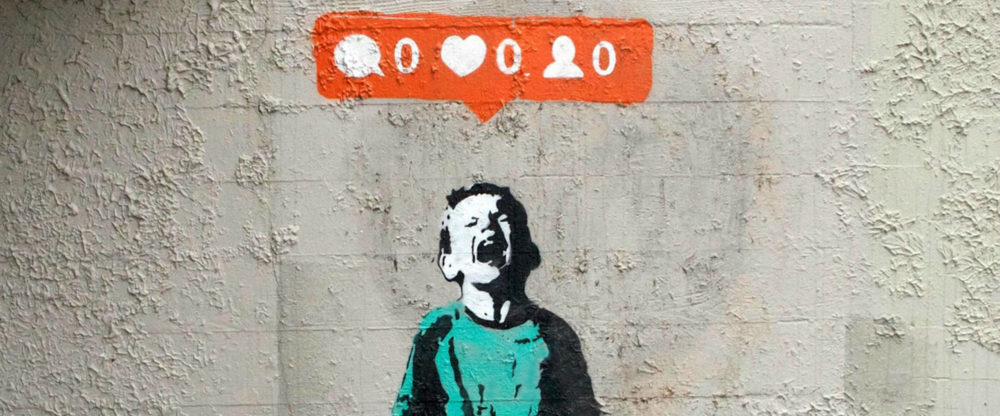My Teaching Philosophy
Erik K. Clabaugh
The majority of learning happens outside of the classroom. Many of life’s most valuable lessons are hard-won and present themselves as challenges throughout our lives. As John Dewey tells us, the process of education “begins almost unconsciously at birth, and is continually shaping the individual’s powers, saturating his consciousness, forming his habits, training his ideas, and arousing his feelings and emotions.” In other words, education is an unceasing process, inextricably allied with being-in-the-world. To live is to learn.
So, if life itself is the most efficient educator, why teach? It’s simple, really. Formal education has the potential to augment and enrich the lessons we learn in everyday life. As an educator it is my responsibility to help students gain access to elements of that vast repository of knowledge humankind has pieced together over the millennia. This shared intellectual and moral inheritance is their birthright.
It is my obligation to assist learners in establishing deep and lasting associations between this accumulated knowledge and their personal lived experience. These connections can be life changing.
Cognitive theorists have determined the most effective modes of learning involve interaction, participation and exploration. Accordingly, I have little interest in the mere transmission of data in and of itself. Dates, facts and figures are quickly forgotten after the final exam. Better that concepts be actively investigated. This is why I strive to be a facilitator rather than a lecturer.
While specific desired learning outcomes will vary from course to course, I view every class as an opportunity to create a participatory learning community, foster critical thinking, encourage individual interests, and, most importantly, help students establish connections between intellectual theories and their everyday world. Theory is most powerful when it is applied.
Students must be provided with a clear picture of what is expected of them. Assignments must be plainly delineated, and feedback and grading should be prompt and personalized. By establishing a set of “teaching goals” alongside “student goals,” learners are given a yardstick by which they may measure the performance of everyone involved, while simultaneously providing meaningful feedback. Since teaching and learning are collaborative functions, this information is always useful.
Ultimately, the study of communication, in all its myriad forms, is about the creation of meaning; and all meaning is contextually based. Whenever we engage with media, we bring the full breadth of our prior knowledge and experience to the table. Thus, by encouraging students to share their ideas with one another, while simultaneously affording them access to the rich heritage of the academic tradition, I work to facilitate the creation of increasingly sophisticated and nuanced meanings that will inform and enhance their personal and professional lives.

